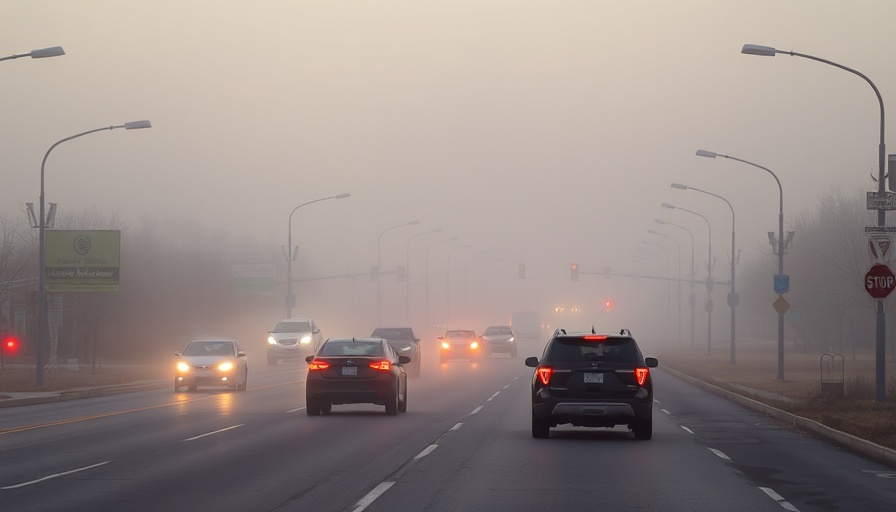
The Importance of FOG Management in Hampton Roads
The management of fats, oils, and grease (FOG) is a crucial topic for homeowners in the greater Hampton Roads area, especially as zip codes extend through the diverse cities of Norfolk, Virginia Beach, Chesapeake, Portsmouth, Suffolk, Newport News, and Hampton. Understanding why FOG management is essential not only protects your home but also the local water supply. This article will demystify FOG, explore its impact on our environment, and present practical tips for homeowners.
FOG: What Is It and Why It Matters?
FOG is commonly sourced from everyday cooking and cleaning practices in our kitchens, often found in food leftovers that we unknowingly wash down the drain. When grease cools, it solidifies and combines with other substances, leading to blockages in sewer systems. Homeowners in Hampton Roads should be aware that these blockages can result in costly repairs and environmental harm, making effective FOG management vital for both personal and communal spaces.
The Community Impact of Improper FOG Disposal
In practical terms, improper disposal of FOG leads to more than just clogged pipes. It can significantly stress municipal wastewater systems, resulting in overflows that compromise our watersheds and local wildlife. The Hampton Roads area, with its rich aquatic ecosystems, benefits from a proactive approach towards FOG management. As residents invest in protecting their waterways, they simultaneously protect their homes and health.
Best Practices for Proper FOG Disposal
So, what can homeowners do to manage FOG effectively? Here are a few best practices:
- Collection and Disposal: Store used cooking oil and grease in a sealed container and dispose of it in the trash rather than pouring it down the sink. Many local municipalities, including Hampton, may even have designated disposal facilities or collection days for these materials.
- Use Sink Strainers: Install strainers in your kitchen sink to catch food scraps and grease before they can enter the plumbing system.
- Regular Maintenance: Regularly clean your sink traps and check for signs of buildup. Creating a routine can help avoid costly plumbing problems down the line.
The Role of Local Governance and Programs
In addition to individual efforts, local water management programs play a central role in fostering better practices in all communities within Hampton Roads. Programs aimed at public education on the effects of FOG and community workshops on responsible waste disposal have been initiated. Transitioning towards sustainable habit formation around FOG management is a positive step to stem the tide of environmental degradation.
Conclusion: A Call to Action for Homeowners
By recognizing the importance of managing fats, oils, and grease, residents can contribute positively to the environment while safeguarding their homes. Everyone in the greater Hampton Roads area, especially homeowners, has the power to make a difference by adopting simple practices that prevent plumbing issues and protect local waterways.
Join your neighbors today by pledging to dispose of FOG responsibly. Learn more about local programs and find resources that can assist in fostering sustainable practices in your home and community. Whether through city programs, local business initiatives, or personal commitment, your efforts can lead to a cleaner, greener Hampton Roads.



Write A Comment